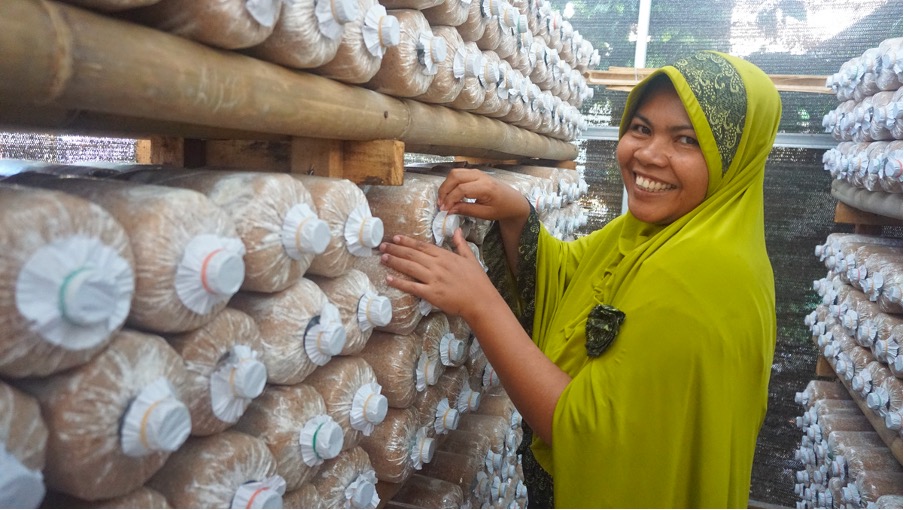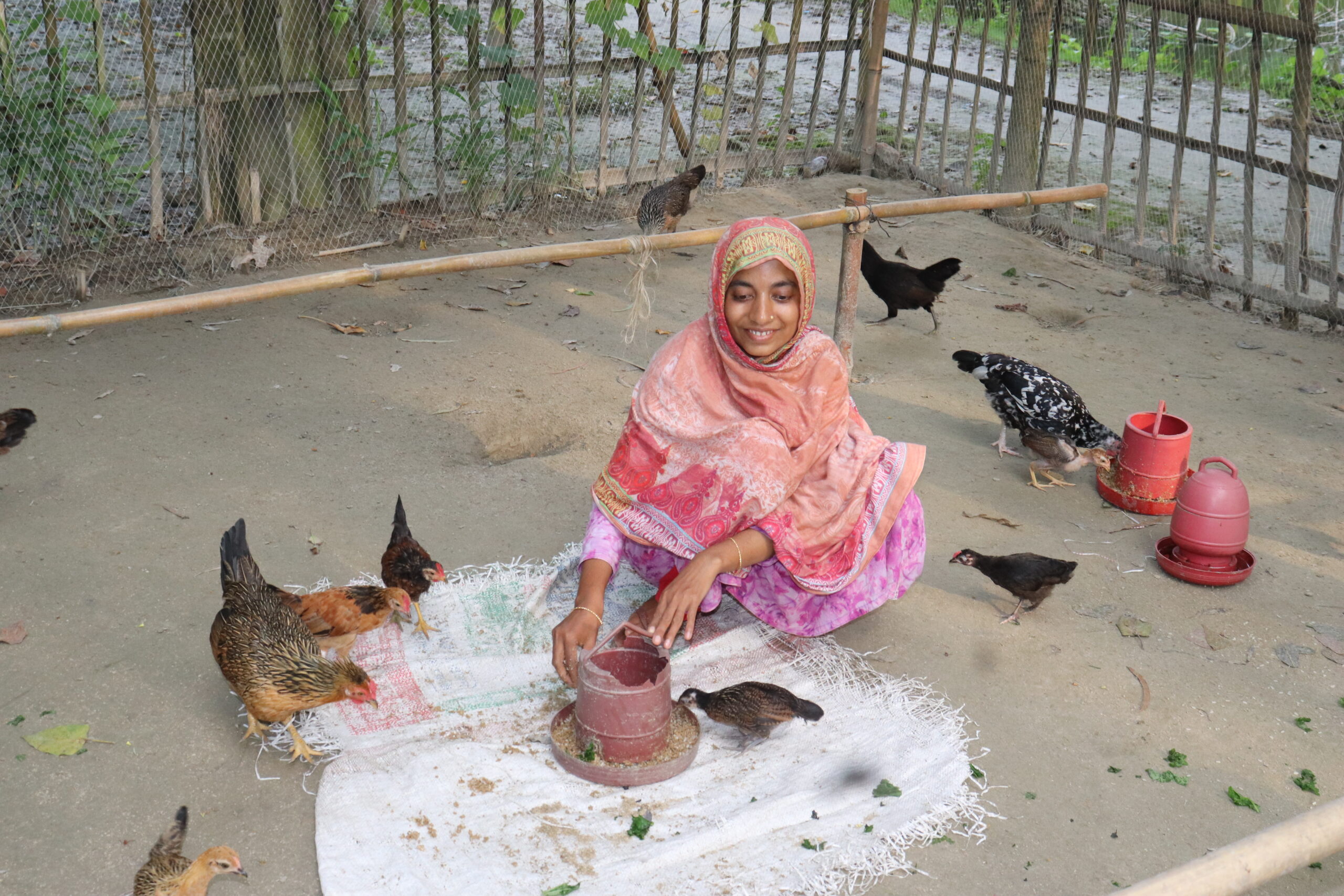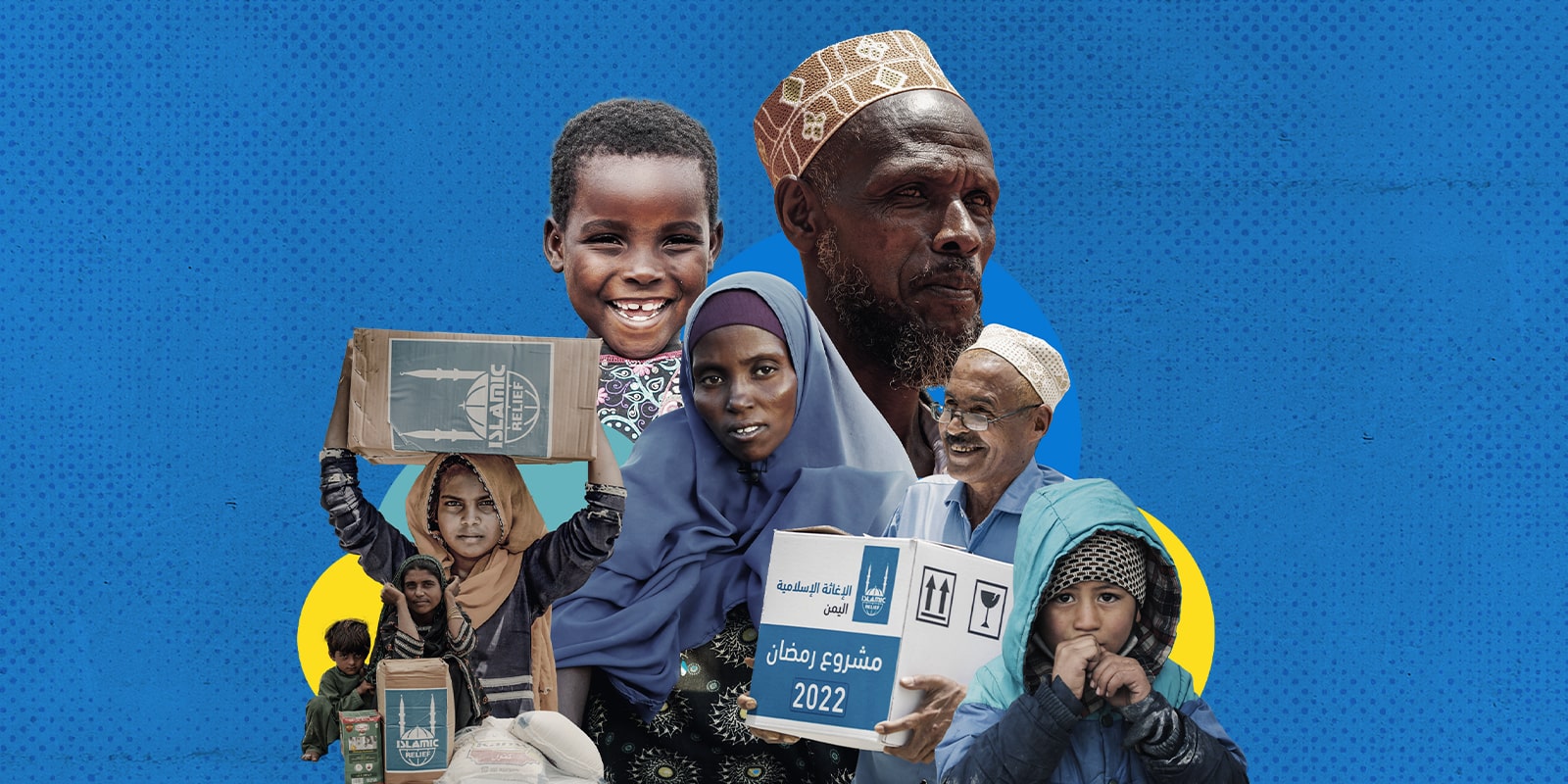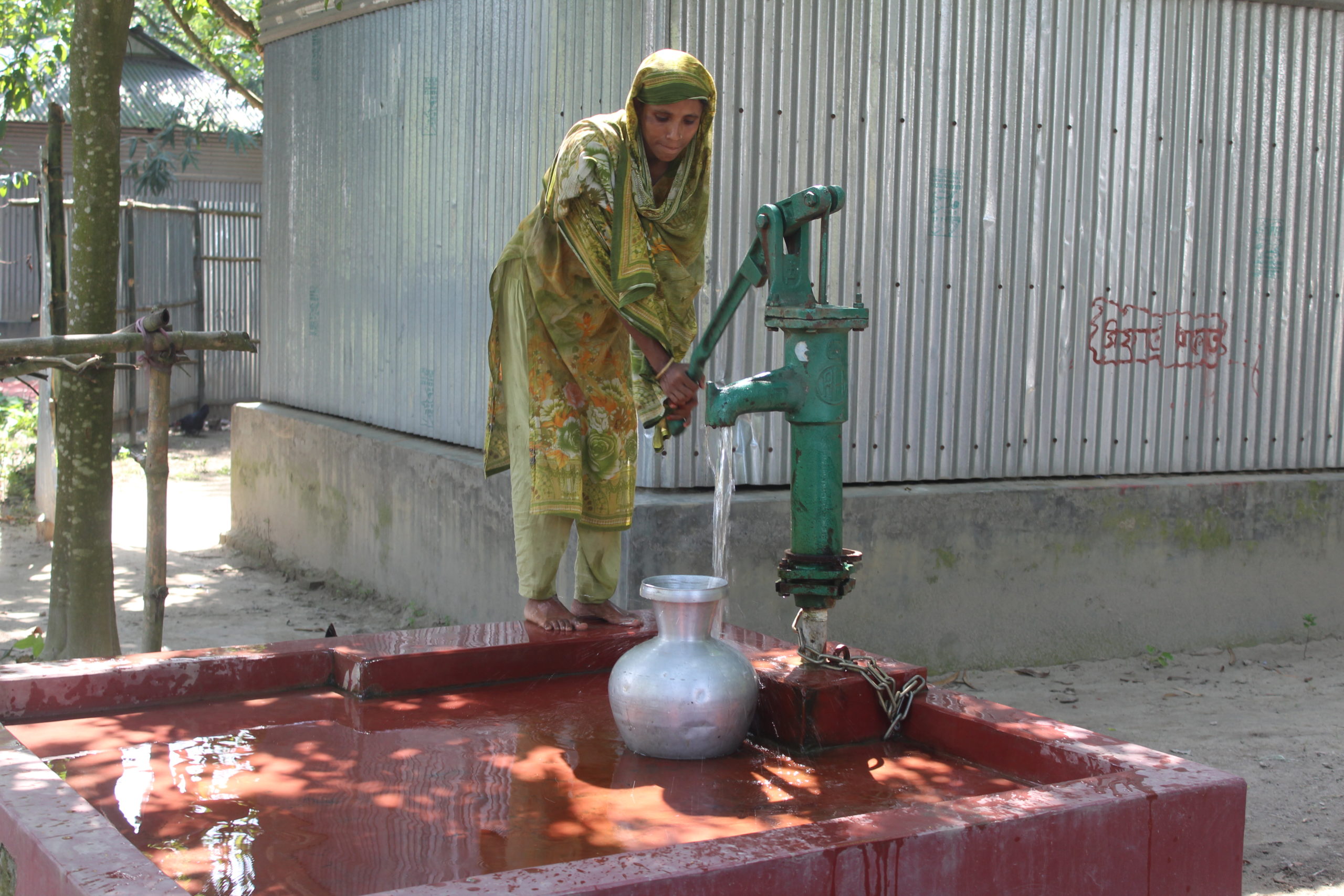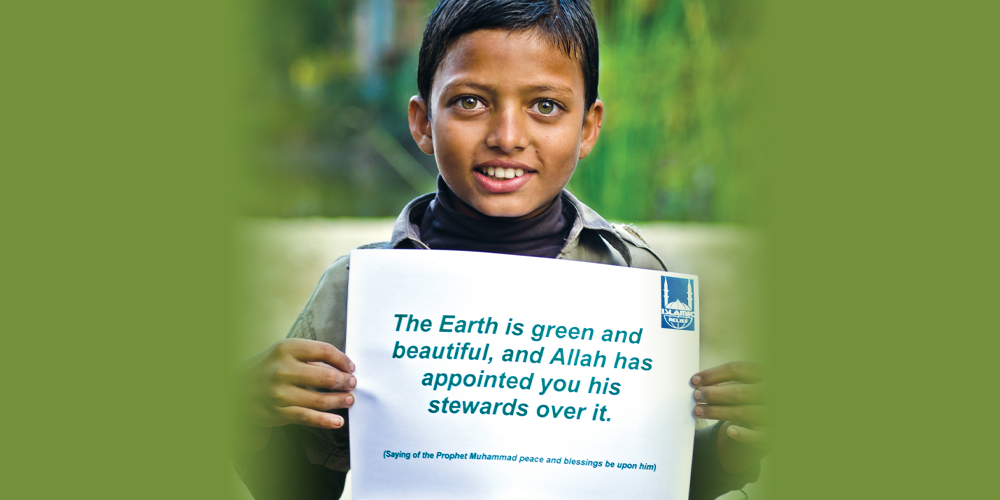Domestic violence is commonplace in many parts of Western Africa, where men still largely dominate society. Determined to confront this, Oummou works at a radio station in the small town of Dio-Gare in southern Mali.
As a child, Oummou saw her father and the community around her mistreat her mother. Oummou’s mother had many daughters but only one son, which the community considered shameful.
Oummou was also deeply troubled by the other ways in which women were treated in her community. It was common for men to beat their wives.
The community would punish women for perceived disobedience by breaking their hands. But women suffering abuse were forbidden to tell anyone about their injuries, so they avoided going to the hospital.
Witnessing this, Oummou decided that if she were ever in a position to advocate for women, she would do so.
An uphill battle
Over the years, Oummou realised that her generation continued to perpetuate the same toxic and abusive behaviours she grew up with. To push back against the normalisation of harmful practices, she decided to run for election in the local government.
“In the past, women were forbidden to access any government positions, but I fought hard to change this,” says Oummou. “After a long, uphill battle, I was successful and was elected advisor to the mayor [on gender and women’s rights issues].”
Due to this, Oummou faced a lot of resistance within the government. Many of her colleagues had never worked with a woman before. Even the mayor disapproved of her presence among his staff.
“I resisted all of the naysayers, despite them giving me a very difficult time, because I had great ambition to see more women rise up to occupy frontline positions,” she says.
Oummou used her position in government and her job at the local radio station to reach as many people as possible. Through radio, she was able to speak to a large audience, helping others realise they weren’t alone.

However, Oummou‘s activism came with a heavy price. The community she cared for, initially shunned her, considering her to be rebellious. Believing those views, her husband divorced her.
Even so, Oummou persevered. She says, “I didn’t let this new setback stop me from achieving my dreams. I persevered and eventually gained respect and acceptance of my work within the local government.
“I became a fixture due to using my radio show as a platform to educate and advocate around issues facing the town, especially creating awareness about issues like gender-based violence and matters pertaining to women that were considered taboo.”
Making a difference
Oummou’s radio work and her work at the town hall complemented each other. Eventually, over the years the mayor came to see Oummou’s potential and her determination to make a difference. Despite the difficult start to their relationship, they now have mutual trust and respect.
“I endured a lot of conflict when I first started. Not only did the men [in government] keep things from me, I was not invited to meetings, I was spoken to rudely.”
“In time many men realised that I would not be stopped regardless of what they did to me. My mission was clear: I wanted to show men that a woman can do what they do too, and that I have the same entitlements as them. So, when they wanted to put me in my place, I made sure to stand tall.”
Standing up for women’s rights
Oummou says she is finally seeing the fruits of her labour. She sees it not only in the women who thank her for standing up for their rights, but also within her own family. She was reunited with her husband after many years, and he is now among her main supporters.
“The different roles we played in the past have come to an end, which has shown me that the advocacy I have been working on has been successful in our home. My husband now sits with our children and talks to them about the issues I cover in my radio show. The issues that used to divide us are now bringing us closer.”
Oummou’s story is a powerful reminder of the strides we can make through inclusion and celebrating those who are at the forefront of transformative change.
That’s why, in our life-saving work, Islamic Relief continues to champion Oummou and countless women like her. Women who are not only breaking barriers, but also paving the way for future generations of women leaders.
Support our vital work to empower women in Mali and around the world.


